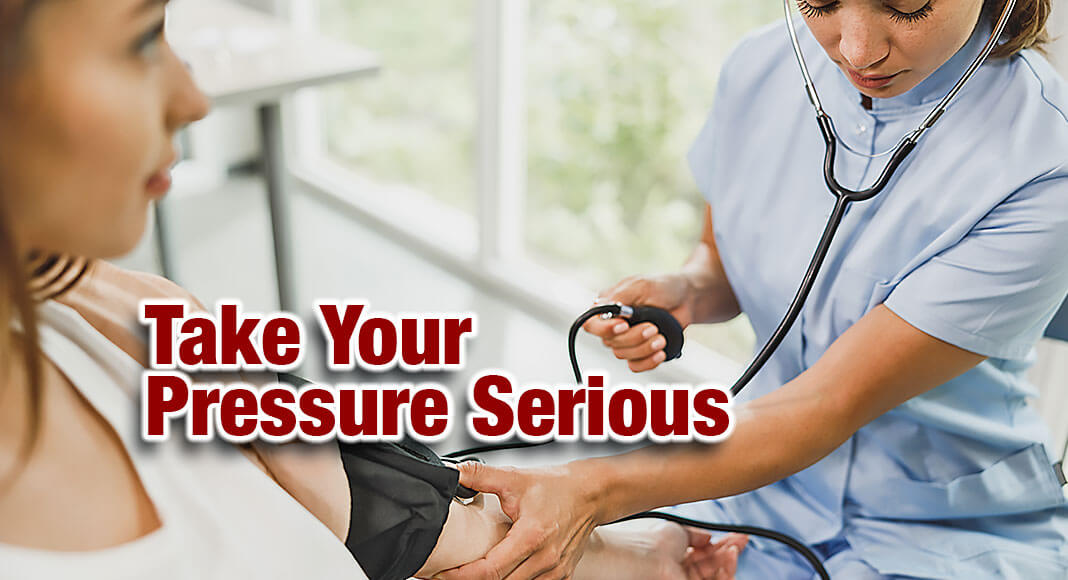
Mega Doctor News
by Rutgers University-New Brunswick
Newswise — Todd Rosen, an associate professor and chief of maternal-fetal medicine at Rutgers Robert Wood Johnson Medical School, coauthored a study published in the New England Journal of Medicine that has changed standards of care for treating moderately elevated blood pressure in early pregnancy.
Guidelines had advised against treating the condition, but the 2,400-patient study used data from Robert Wood Johnson Medical Center and other American hospitals to prove that blood pressure medication benefits both mothers and children.
Rosen explains the study and its implications for patients and doctors.
Why is high blood pressure during pregnancy cause for concern?
Primarily because it quintuples the risk of a complication called preeclampsia, whereby the placenta secretes toxins into the body. It occurs in about 5 percent of all first pregnancies but 25 percent of first pregnancies to women with high blood pressure. Preeclampsia can damage organs, force early delivery and can be a source of serious injury to both mother and baby. Preeclampsia is one of the leading causes of maternal mortality in the U.S.
How common is high blood pressure in pregnancy?
We currently observe high blood pressure in about 2 percent of newly pregnant women, but that number is steadily rising in tandem with obesity rates and average age at pregnancy. The specific patient population in this study was much smaller, though. It included a carefully selected group of women with moderately elevated blood pressure that was generally between 140/90 mm Hg [short for millimeters of mercury] and 160/110 mm Hg.
So, these findings only affect a small percentage of patients?
Yes, but when you consider that 3.7 million babies were born in the U.S. last year – and about 140 million worldwide – the total number of affected patients is high, even if the percentage isn’t. Plus, the detected benefit of treating high blood pressure in these patients is large and the detected downside is nonexistent.
How much did treating mild high blood pressure improve outcomes?
Women who received blood pressure treatment were 25 percent less likely to suffer serious maternal complications and their children were 23 percent less likely to suffer serious neonatal complications. Treatment also was associated with a 21 percent reduction in preeclampsia and a 13 percent reduction in preterm birth.
How big are those effects?
For a treatment that involves nothing more than swallowing an inexpensive, over-the-counter pill every day, those are big effects. They’re not nearly as big as the massive effect we’d see if we could convince all pregnant women to eat well and exercise enough – I don’t want to oversell the findings – but for something this trivially easy to do, this is a big improvement.









